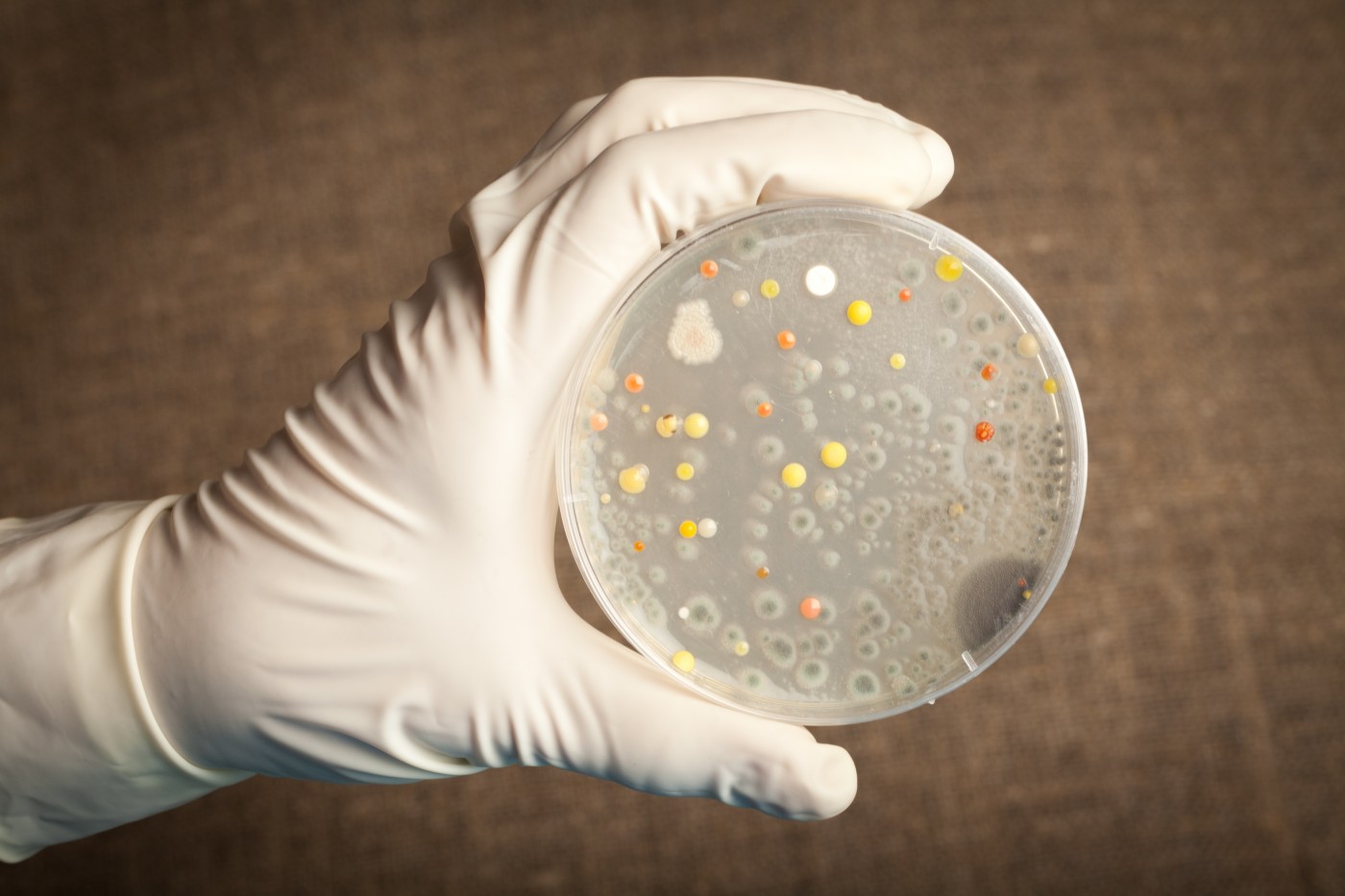CF Foundation Grant to Support Testing of Bacterial Lung Infection Treatment
Written by |

Cystic Fibrosis Foundation Therapeutics (CFFT), the drug discovery arm of the Cystic Fibrosis Foundation (CFF), has awarded Aridis Pharmaceuticals a grant to help develop Panaecin (gallium citrate), the company’s development-stage treatment for bacterial lung infections.
Panaecin is being evaluated in a Phase 2a clinical trial (GALLIUM-IP-13, NCT02354859) in CF patients who are chronically infected with Pseudomonas aeruginosa. The total trial period is nine weeks, and patients are being enrolled. The treatment is designed to fight acute and chronic lung infections by destroying bacteria that enter the airways. It kills gram-negative and gram-positive bacteria, including antibiotic-resistant strains and highly antibiotic-resistant biofilms.
The treatment’s anti-infection properties are derived from gallium, which works by mimicking iron and blocking critical iron-dependent pathways in bacteria, such as DNA synthesis and oxidative stress defense.
Panaecin is being developed as an inhalable aerosol treatment for lung infections like those seen in patients with CF, pneumonia, bronchiectasis, and chronic obstructive pulmonary disease (COPD).
“We are delighted to receive a significant award from CFFT,” Vu Truong, PhD, founder and chief executive officer of Aridis, said in a press release. “This funding support highlights the potential of Panaecin for the treatment of lung infections, such as chronic infection by gram-negative bacteria P. aeruginosa, which affects approximately 80 percent of adult patients with cystic fibrosis. Additionally, having the support of CFFT in a collaboration on the studies for Panaecin will help expedite our research in the hopes of providing a new anti-infective treatment for patients with this disease.”
Aridis will collaborate with CFFT’s therapeutics development network — the largest clinical trials network in the world — on trial design and execution, as well on securing access to clinical trial sites.
“This award further adds to Aridis’ history of attaining nondilutive funding, which now includes more than 15 awards since the company’s inception. It is another testament to the strength of Aridis’ technology and its potential benefits for patients, including those with cystic fibrosis,” Truong said.
The release did not specify the grant amount. The company said it previously received about $18 million in drug-development support from the U.S. National Institutes of Health and the Department of Defense.






